Introduction
Traceability within sustainable fashion has become a key issue for the industry with a number of questions being raised by both consumers and brands – such as how can companies authenticate their sustainability claims?
A possible advance for finding out how legitimate brands are when it comes to their sustainable and ethical output is complex, as the whole supply chain must be examined, however, certain measures allow us a glimpse inside of this.
The first place we can look when judging sustainability as a whole for a brand is whether they have any certifications that back up their claims. This blog lists a range of certificates and organisations involved in sustainable development.
Read on to discover just a few of the variety of companies that provide certifications and which areas they are focused on.
Environmental Sustainability
The environmental impact encompasses the lifecycle of a product, from the raw materials used in the manufacturing process to the disposal of the product. This takes into account the energy usage, water usage, safe materials, circularity, and air pollution involved in the life cycle.
Global Organic Textile Standard (GOTS)

Global Organic Textile Standard (GOTS) is made up of these four organisations:
- Organic Trade Association (OTA) in the USA
- Internationaler Verband der Naturtextilwirtschaft e.V. (IVN) (Germany)
- Soil Association in the UK
- Japan Organic Cotton Association (JOCA) in Japan
What does the organisation focus on?
GOTS focuses on certifying the sustainable organic status of natural fibres. This is done by tracing the sustainable materials and the source of the raw materials to the manufacturer of the fibre.
The Global Recycled Standard

The Global Recycled Standard is part of the certifications developed by the organisation Control Union in the United States.
What does the company focus on?
Control Union is a global network of organisations that originates from the agriculture industry. The organisations’ purpose is to promote and develop solutions for sustainable supply chain management relating to the food, feed, forestry, biomass, bioenergy, social compliance and textiles markets.
The Global Recycle Standard ownership was transferred to the Textile Exchange in 2011. The GRS provides the requirements for third-party audits related to certifying the recycled content of a product. This service is applicable to companies involved in the ‘ginning, spinning, weaving, knitting, dyeing, printing and stitching’ textile production processes.
Bluesign
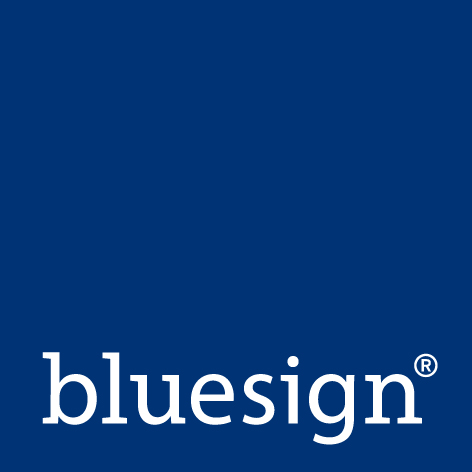
Bluesign is based in Switzerland and works with a range of companies globally.
What does the company focus on?
Bluesign focuses on tracing the sustainability of the textile supply chain from raw materials to final products. They act as an independent organisation that determines the environmental sustainability of a product. The organisation works with companies to develop and maintain more sustainable fashion production solutions.
Bluesign BSBL:
The bluesign® SYSTEM BLACK LIMITS (BSBL) specify threshold limits for chemical substances in finished chemical products such as auxiliaries or dyes. BSBL is revised at least once a year.
Carbon Trust Standard (CTS)
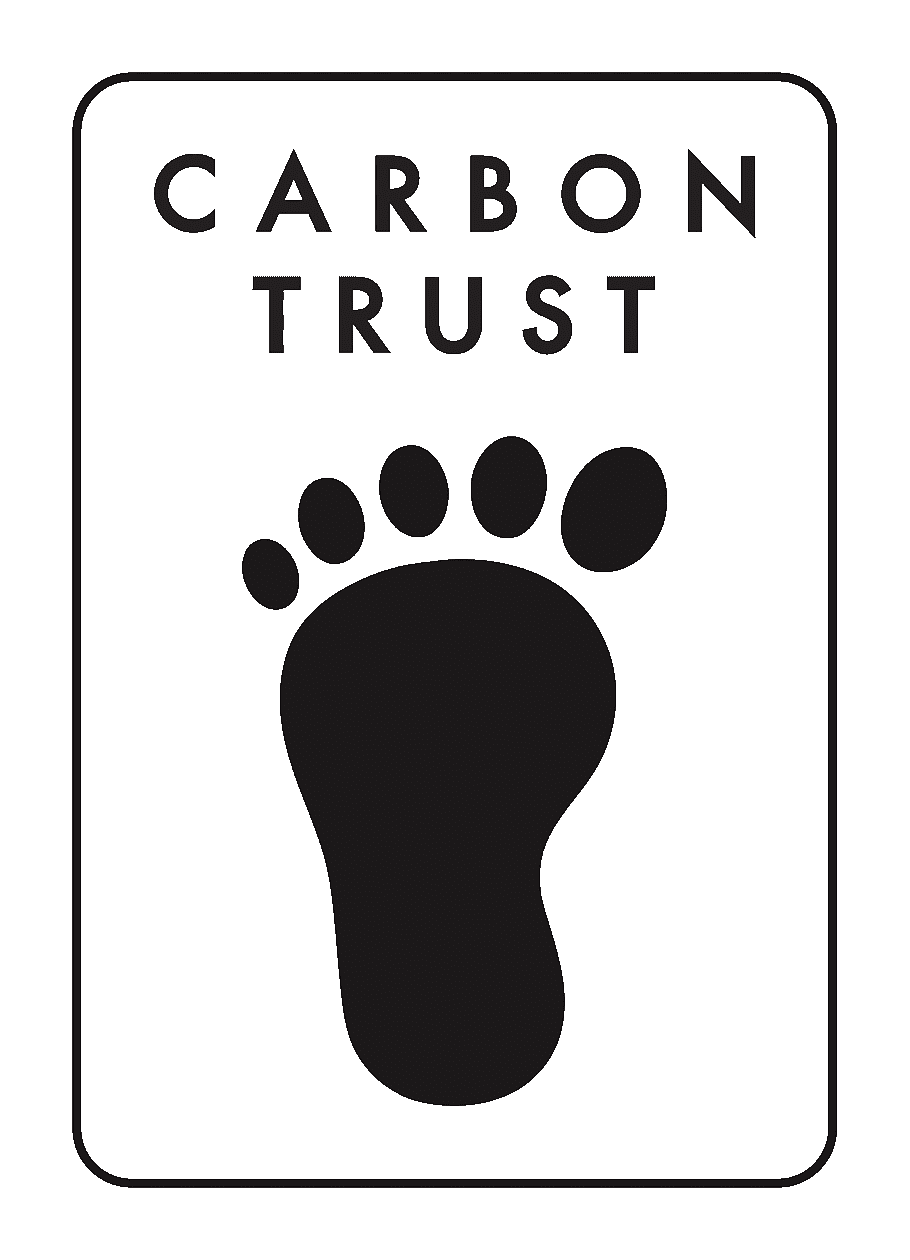
Carbon Trust has developed the CTS with the head office in the UK and other office locations in China, Singapore, The Netherlands, Mexico, and South Africa.
What does the organisation focus on?
Carbon Trust works as a partner with governments, companies and businesses to develop, implement and verify their carbon-neutral goals.
The Carbon Trust Standard involves the following:
- Carbon footprint
- Water usage
- Waste reduction practices
- Promoting zero waste and reducing landfill
- CO2 emissions in the supply chain
Leather Working Group

Leather Working Group is a global not-for-profit organisation.
What does the organisation focus on?
They are responsible for the world’s leading environmental certification for the leather manufacturing industry. LWG has over 1300 members, and aims to improve the impact of the LWG supply chain in a holistic way by becoming the overarching standard for leather manufacturing, covering all elements & actors in the leather value chain.
Better Cotton Initiative
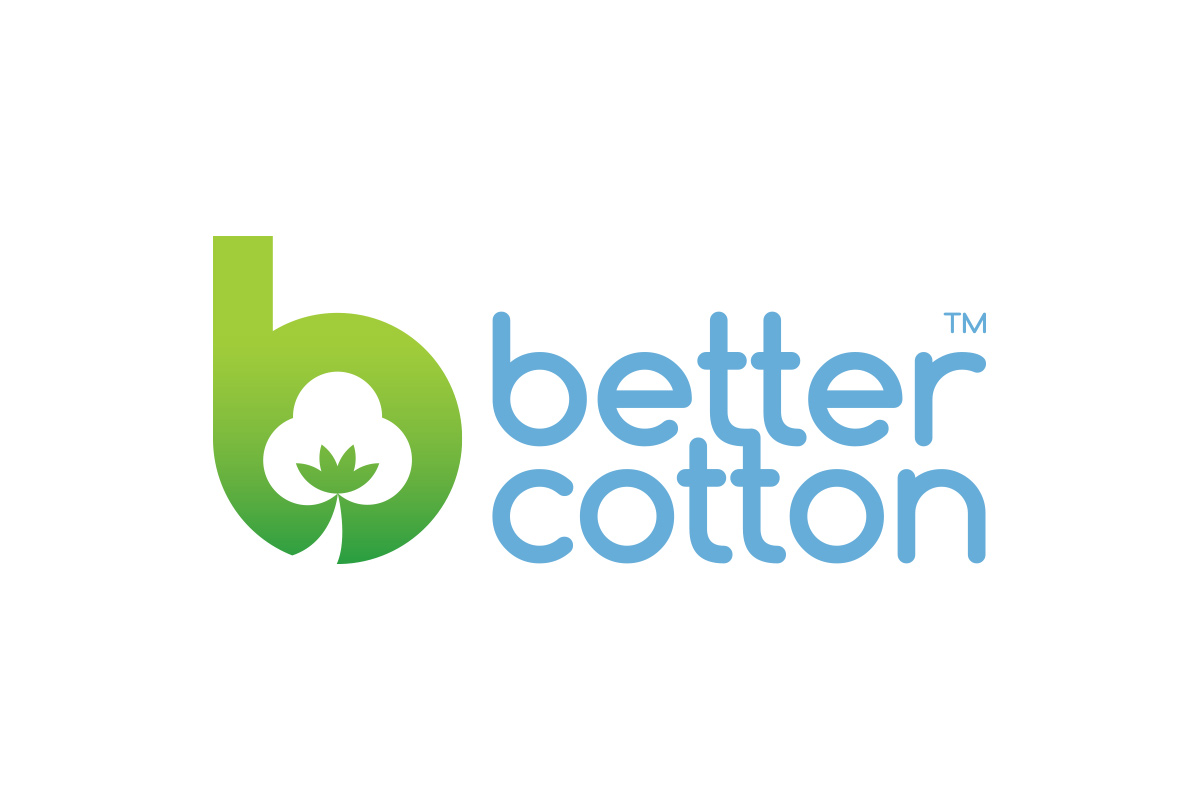
Better Cotton is the world’s leading sustainability initiative for cotton.
What does the organisation focus on?
They have 7 principles of ‘better cotton’ that they stick to in order to ensure its sustainability and ethicality:
- Crop protection
- Water
- Soil health
- Bio-diversity
- Fibre quality
- Decent work
- Management system
Social Sustainability
The social impact considers the effects on the employees of the brand throughout the supply chain regarding wages, well-being and working conditions. Also, the social impacts extend to the effects of the manufacturing processes on the well-being of those connected to it. This includes the effects on people and animals connected to the materials and processes used in the manufacturer of the products.
The following are examples from organisations that assess and trace a company’s social sustainability throughout the fashion supply chain
Ethical Trading Initiative

The ETI is an organisation for ethical trading, with global impact throughout charities and companies alike.
What does the organisation focus on?
All corporate members of the ETI agree to adopt the ETI Base Code of labour practice, which is based on the standards of the International Labour Organisation (ILO). They work out the most effective steps companies can take to implement their Base Code in supply chains.
Fairtrade Foundation
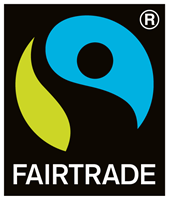
The Fairtrade Foundation operates internationally with its headquarters in the UK.
What does the company focus on?
The purpose of this foundation is to enforce fair prices, good working conditions and economic sustainability for workers and farmers in the developing world. This initiative helps support the workers’ livelihood and enable a stable future. This involves an array of industries including the food and fashion industry.
What does the FAIRTRADE mark mean?
The core FAIRTRADE Mark is recognised around the world. An amazing 93% of UK shoppers recognise and 83% trust it when deciding whether a product is ethical. The FAIRTRADE Mark is a registered certification label for products sourced from producers in developing countries.
The Mark is used only on products certified in accordance with Fairtrade Standards and on promotional materials to encourage people to buy Fairtrade products. As Fairtrade has grown we have developed new ways to connect farmers to business to increase their Fairtrade sales, bring more Fairtrade benefits to them and give you more ways to support Fairtrade farmers through your shopping.
The new FAIRTRADE Sourced Ingredients (FSI) Mark is used for one or two ingredients in a wider range of products. Businesses can apply for a licence to use the FAIRTRADE Mark on their approved products.
Ecovadis
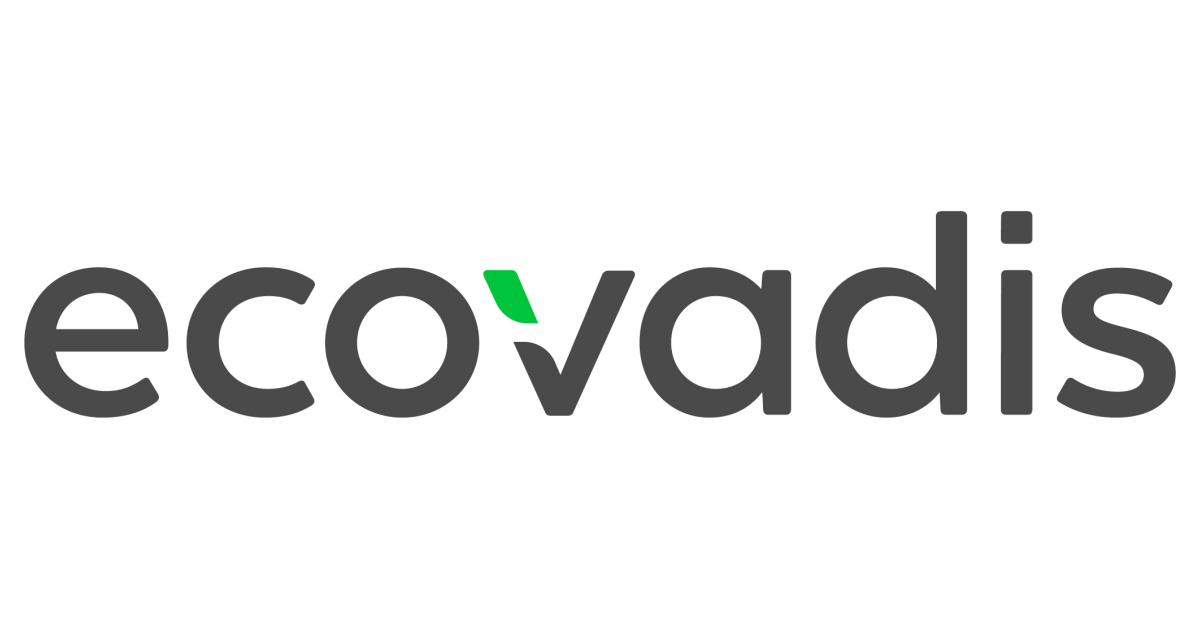
Founded in 2007, Ecovadis provide business sustainability ratings and are the only universal provider.
What does the company focus on?
They envision a global marketplace where sustainability intelligence influences every business decision – improving economies, people’s lives and the planet we all depend on. The EcoVadis sustainability assessment methodology is an evaluation of how well a company has integrated the principles of Sustainability/CSR into their business and management system.
Flocert
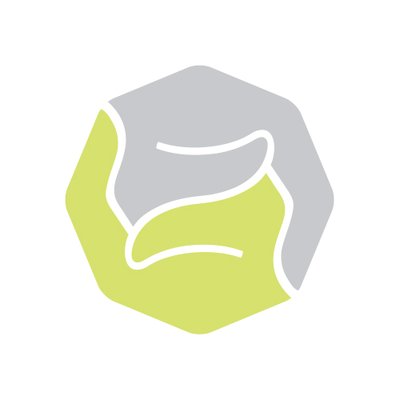
Flocert is the audit and certification company for fair-trade standards and it is based in Germany.
What does the company focus on?
The company provides independent audits of brands and retailers to review and improve their social sustainability practices. They process three audit systems; Fairtrade, Edge and SMETA.
They take a holistic approach to certification that sets them apart. Together with the Fairtrade network they provide a varied choice of assurance options depending on what is right for your business.
SA8000 – Social Accountability International Standard

SA8000 is the only human rights standard – and was developed by the non-profit organisation Social Accountability International (SAI) based in the US.
What does the company focus on?
The standard promotes and certifies social sustainability through developing requirements for factory conditions and organisations. This certificate is applicable for many industries including the textile industry.
Raw Materials Sustainability
These organisations focus on the initial raw material stage of production for textiles and garments. It is important to be able to trace sustainability back to the very beginning in order to see real change.
Responsible Down Standard (RDS)

The Responsible Down Standard is part of the non-profit organisation, Textile Exchange which is based in the USA.
What does the company focus on?
THE RDS certification is voluntary certification to certify companies use of RDS materials in their products. This has been developed with the input of animal welfare organisations, industry experts and retailers.
Responsible Wool (RWS)

The Responsible Wool Standard has been developed and processed by the Textile Exchange based in the USA. This is a voluntary standard for farmers of businesses in the wool industry with numerous RWS certified farmers worldwide.
What do they focus on?
For a product to be certified with the RWS label, the sustainability of the wool must be traced from the farm to the manufacturer and brand selling the final product. This certification takes into account animal welfare, land management and social sustainability.
Objectives of the RWS
- Provide the industry with a tool to recognize the best practices of farmers
- Ensure that wool comes from farms that have a progressive approach to managing their land, practice holistic respect for animal welfare of the sheep and respect the Five Freedoms of animal welfare
- Ensure a strong chain of custody for certified materials as they move through the supply chain.
Combined Sustainability
The organisations or non-profits mentioned above all specialise in one area of sustainable certifications – environmental or social. However, some companies provide certifications for a variety of sustainability issues.
Amfori

Amfori aims to improve the social, environmental and holistic sustainability of your global sourcing strategy and have over 40 years of experience.
What do they focus on?
Amfori’s strategy, Vision 2030, will ensure that they can enable organisations to enhance human prosperity, use natural resources responsibly and drive open trade globally. As part of this mission, they are helping members to work towards the fulfilment of the UN Sustainable Development Goals (SDGs).
B Corporation

B Corporation was founded in Pennsylvania, New York. The B Corp now runs out of multiple countries around the world.
What do they focus on?
Certified B Corporations, or B Corps, are companies verified by B Lab to meet high standards of social and environmental performance, transparency, and accountability.
B Corp is one of the most well-known sustainability accreditors – there are now over 4,600 B Corps across 153 industries in 77 countries.
The certifier employs a holistic view of the companies and uses a rating system to guide assessment. This cost is dependent on the size of the company starting from £500 per year. The assessment criteria involve:
- Governance
- Workers
- Community
- Environment
- Customers
OEKO-TEX®

OEKO-TEX is a sustainability certification organization based in Switzerland, with clients globally.
What do they focus on?
OEKO-TEX is a union of leading institutions developing methods and standards for assessing the environmental and social sustainability, traceability and carbon footprints across 60 countries. The partnership is built on sharing the responsibility for promoting and implementing these standards. OEKO-TEX has the capacity to verify the sustainability of raw materials to ready-made products.
Cradle to Cradle

Cradle to Cradle is based in California, USA
What do they focus on?
This certification accounts for the circular life-cycle of a product from yarn to decomposition. The company uses the following criteria to assess the sustainability of a product:
- Material Health – the safety of the materials to human and environment health
- Material Reutilization – the number of times that the materials can be reused
- Renewable Energy and Carbon Management – the energy footprint of the product
- Water Stewardship – the impact it has on the world’s water system to the processes involved in the manufacture
- Social Fairness – the impact on the labor and human rights issues connected to the manufacture of the product.
The Higg Index

The Higg Index was developed by the Sustainable Apparel Coalition based in California, USA.
What does the company focus on?
The Higg Index was developed as a sustainability assessment tool for retailers, brands and other sustainable fashion-related businesses. This gives companies a holistic view of their practices from the well-being of factory workers to the environmental impact.
It is comprised of a core set of five tools that together assess the social and environmental performance of the value chain and the environmental impacts of products, including the Higg Facility Environmental Module (FEM), Higg Facility Social & Labor Module (FSLM), Higg Brand & Retail Module (BRM), Higg Materials Sustainability Index (MSI), and Higg Product Module (PM).
For more Seamless Source blogs click here.




